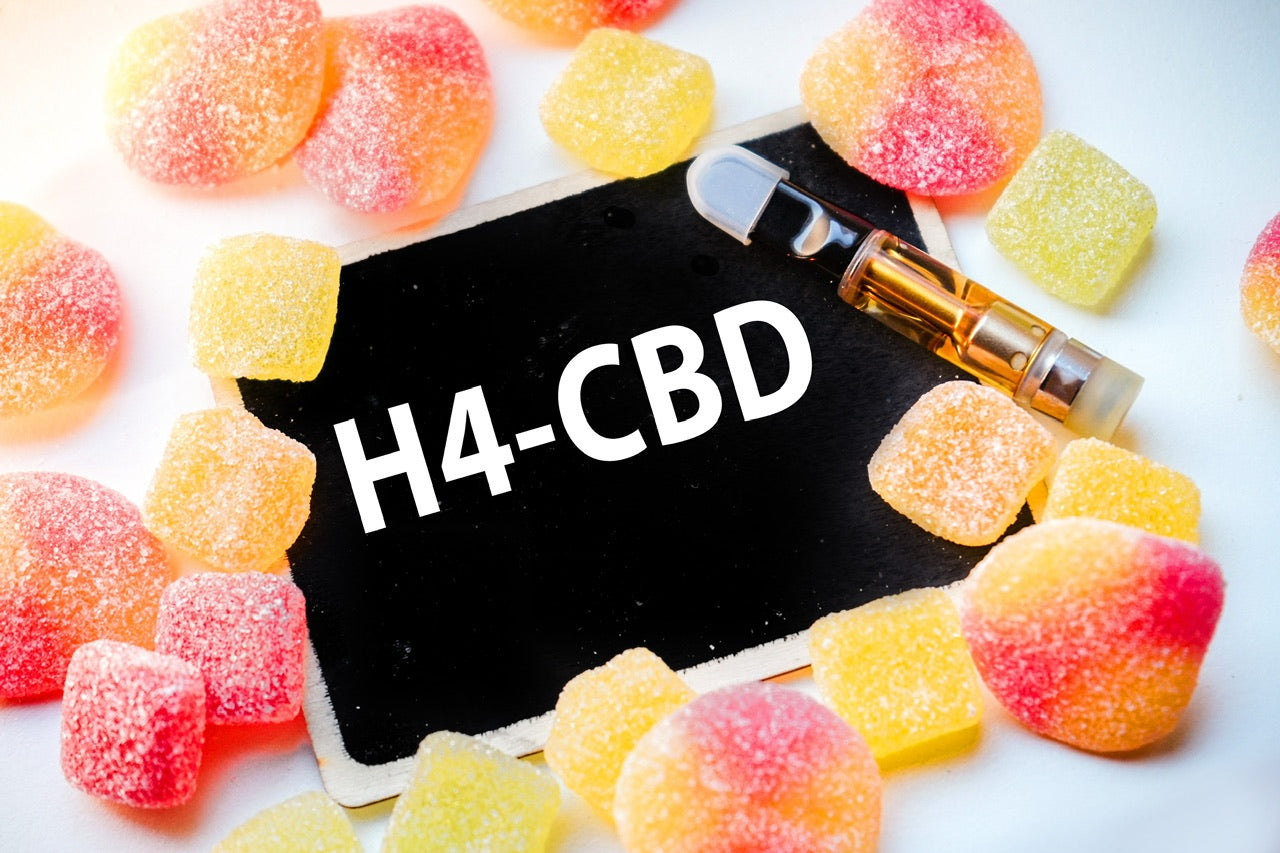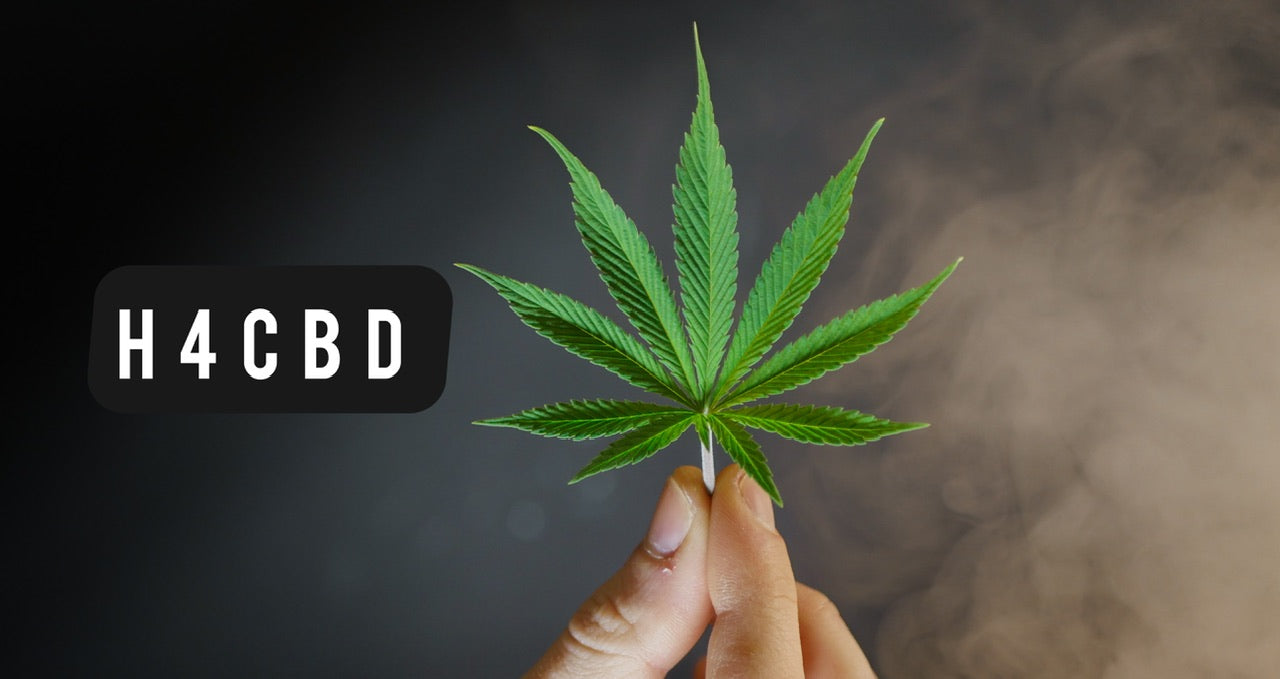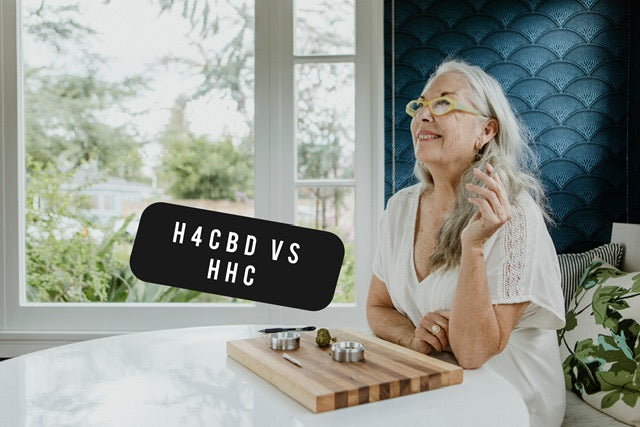CBD, a molecule derived from the cannabis leaf, has become very popular in recent years in the wellness sector. It owes its popularity to its many health benefits. H4CBD is a new form of cannabidiol that has recently appeared on the market. It is considered more powerful and much more effective. Obtained by hydrogenation of CBD, this active compound has several points in common with its original molecule. There are also points of divergence between the two molecules. In this article, you will discover both the similarities and the differences between H4CBD and traditional CBD.
Understanding H4CBD and CBD
To understand the difference between hydrogenated CBD and CBD itself, it is important to look at each of its active compounds.
What is cannabidiol?
Many cannabinoids are present in hemp leaves, one of them is CBD (cannabidiol). Unlike THC, it has no psychoactive effect. In other words, CBD is not a drug. According to the results of several researches, it has therapeutic effects, including improving sleep, alleviating pain and anxiety.
What is H4CBD?
H4CBD, tetrahydro-cannabidiol, is a molecule obtained after the hydrogenation of cannabidiol. It is therefore a synthetic form of CBD. This modification aims to increase the potency and stability of cannabidiol. H4CBD is thus more intense than traditional CBD in several applications.
Differences between H4CBD and CBD
CBD and H4CBD are different from each other in several respects:
Molecular structure
As mentioned above, H4CBD comes from the synthetic hydrogenation of CBD. It is therefore a molecule composed of cannabidiol and four hydrogen atoms. This process allows the strengthening of the properties of cannabidiol.
Origin
Cannabidiol and tetra-hydrocannabidiol have different origins. Indeed, CBD is a natural product extracted directly from cannabis leaves. As for H4CBD, it comes from the synthetic hydrogenation of the CBD molecule. Unlike traditional CBD, H4CBD is a synthetic cannabinoid.
Power
H4CBD is reputed to be more intense than its original molecule (CBD). It is said to be 100 times more powerful than CBD. It has more affinity with CB1 receptors. Few studies have been carried out on this molecule due to its recent appearance. It is therefore recommended to exercise caution, as all its effects are not yet known.
Legality and availability
In France, cannabidiol is legal provided it contains a THC level of less than 0.2%. THC is another cannabinoid found in cannabis. It has psychotropic effects and is therefore illegal in France.
If the legislation is clear about CBD and its derived products, it is much less about molecules derived from CBD. Additionally, if H4CBD is truly 100 times more potent than CBD and has euphoric effects, the issue of legality will eventually arise as with THC.
H4CBD legislation may vary. It is advisable to find out about local regulations before purchasing or consuming this cannabinoid.
Similarities Between H4CBD and CBD
It is difficult to establish all the common points between cannabidiol and tetra-hydrocannabidiol because of the recent appearance of the latter. The properties of the two molecules are the only real similarities known at the moment. As a reminder, CBD has a relaxing effect, it fights against sleep disorders, it is anti-inflammatory and relieves pain.
The anti-inflammatory effect
In 2017, a scientific study revealed that the molecules resulting from the hydrogenation of CBD (H2CBD and H4CBD) have anti-inflammatory capabilities. The study also specifies that the affinity of H2CBD and H4CBD molecules for CB1 receptors can result in a psychotropic effect.
Compatibility with CB1 receptors
Like CBD, H4CBD causes a feeling of physical and mental relaxation and euphoria. Its compatibility with the CB1 receptors of the endocannabinoid system means that it has more powerful euphoric effects than CBD. Indeed, it is the CB1 receptors in the brain that are responsible for the feeling of well-being.
Antibacterial and antioxidant activity
According to several recent scientific studies, hydrocannabidiol is a better antibacterial than traditional antibiotics. It also has the advantage of being less toxic. H2CBD and H4CBD are therefore capable of trapping the radicals which promote tissue aging. Like vitamin C, they are also able to block lipid oxidation. These molecules would also have antioxidant properties. They retain their virtues even at high temperatures.
Comparison of the effects of CBD and H4CBD
CBD and H4CBD have the same properties. However, the potential effects of these two molecules may vary depending on several factors. These include the dose consumed, the biology of the person and the method of consumption.
Because of its molecular structure, H4CBD is more potent than traditional cannabidiol. Thus, with lower quantity, it can provide the same effects as its original molecule.
Comparison of side effects
In general, CBD is well tolerated by the body. It has few side effects. The likely side effects of this cannabinoid are changes in weight, appetite, diarrhea and fatigue. Since H4CBD is newer and little studied, its side effects and safety are not yet fully known. Current indications suggest that it offers the same safety as traditional cannabidiol.
Is H4CBD an alternative to CBD?
According to the results of studies carried out on H4CBD, this cannabinoid is a very good alternative to cannabidiol. It should be added that its performance is very high regarding its points of similarity with cannabidiol: bactericidal activity, antibacterial activity and antioxidant activity. Tetra-hydrocannabidiol has a lower level of toxicity for skin tissues, particularly fibroblasts. This molecule could well represent the future of cannabidiol.





Leave a comment
All comments are moderated before being published.
This site is protected by hCaptcha and the hCaptcha Privacy Policy and Terms of Service apply.